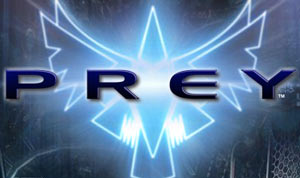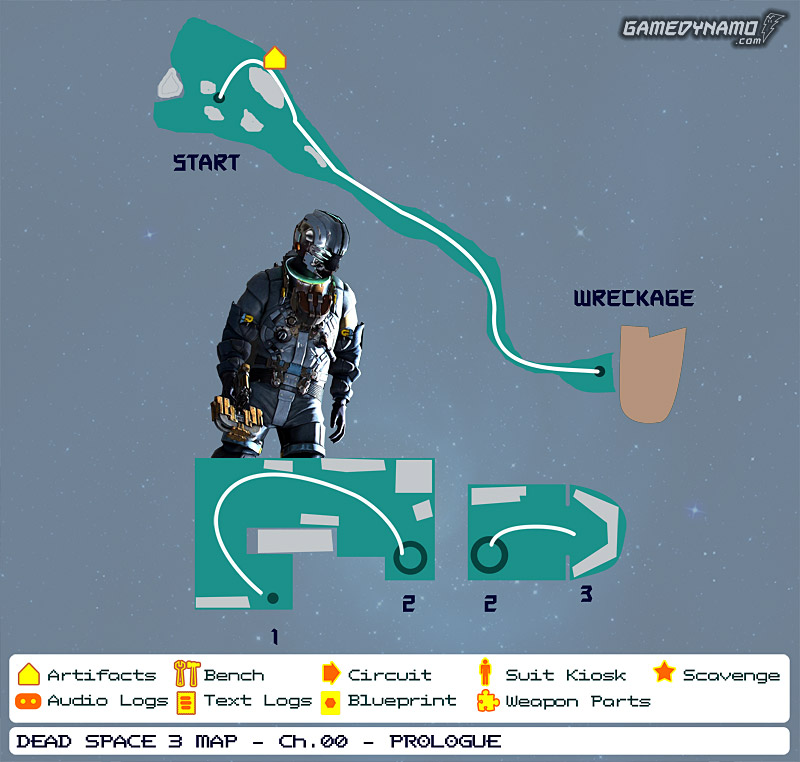

The transition from ‘paper to pixels’ has begun, and with alarming alacrity. Educational institutions are now aggressively implementing technology solutions to make teaching more interactive and also interesting. They are adopting multimedia approach to simplify complex concepts even in seemingly difficult subjects like Math and Science.
“IT has made inroads in almost all fields with tremendous results. There was not even an iota of doubt that it would bring about beneficial changes in the field of education. It is certainly transforming teaching and also learning methodologies in our schools,” says Anil Goyal, CEO and director, Mexus Education Pvt Ltd, which caters to the K-12 segment.
The classroom environment today is much more inclusive and participatory. This is because says Shantanu Prakash, CMD, Educomp Solutions, “Schools are increasingly adopting digital teaching solutions to engage with a generation of students well-versed with the likes of PlayStations and iPads.” He believes that the transition from paper to pixel is rapidly growing primarily because there is a strong belief that digital classrooms are the way to the future. Educomp specialises in smartclass technology leveraged to improve the teaching – learning methodology.
Apart from making learning lively, technology can also address the problem of the skewed student-teacher ratio in classrooms. According to the “Indian Education Sector Outlook — Insights on Schooling Segment,” a report released by New Delhi–based research and consultancy firm Technopak Advisors, India will require an estimated six million teachers by 2020. This means that the country needs to train close to a million teachers every year, and our BEd colleges, which can train only about 2.5 lakh per annum, are just not equipped to handle this challenge. “If applied correctly, tech-enabled modules can help students get into the habit of self-learning,” says Prakash.
Mexus Education iKen D&T Lab is designed for school students of class IV to X. It offers more than 250 activities, both in science and technology and according to Goyal, “encourages student to explore, develop and apply scientific ideas and concepts through experiments, problem solving and project based activities.” Mexus has initiated hands-on science and technology workshop and competition under the banner of iKen Scientifica to enable students to sharpen their innovative thinking and analytical reasoning.
Educomp’s smart class is equipped with exhaustive repository of digital modules. A server loaded with digital instructions and assessment material mapped to the school curriculum is set up on campus. The ‘smart’ classrooms are wired to the server and are equipped with a Digital Teaching System (DTS) comprising of an interactive white board and a projection system.
Teachers can access the digital content in their classrooms and project it on the board and explain concepts with the help of animations, graphics, video etc. Audio visual graphics in 2D and 3D make students more receptive in learning.
“Smart class is implemented in schools on a turn-key basis. Elements required for its implementation such as hardware, library of digital content, teachers training, periodic support to ensure smooth functioning of the programme is provided by the company,” explains Prakash.
Using IT solutions for curriculum content has created a win-win situation for everyone. While teachers find it easier to explain complicated theorems, math problems and scientific diagrams in a class, students on the other hand, are able to understand lessons better.
Experts foresee a bright future for IT solutions in the Indian education field. “The need of the hour is to create lateral thinkers. This is possible with the use of tech-enabled new age teaching and learning techniques,” signs off Goyal.




 The Week in Review: MMO troubles, first
The Week in Review: MMO troubles, first Dead Space 3 Maps: Artifacts, Text & Audio Logs, Weapon Parts, Blueprints, Circuit Locations, and more
Dead Space 3 Maps: Artifacts, Text & Audio Logs, Weapon Parts, Blueprints, Circuit Locations, and more Darksiders 2: Argul Boss Fight Guide
Darksiders 2: Argul Boss Fight Guide Destiny: The Taken King – how to beat the Project S.A.B.E.R. Strike
Destiny: The Taken King – how to beat the Project S.A.B.E.R. Strike Assassin’s Creed IV: Black Flag – Naval Contracts Guide
Assassin’s Creed IV: Black Flag – Naval Contracts Guide